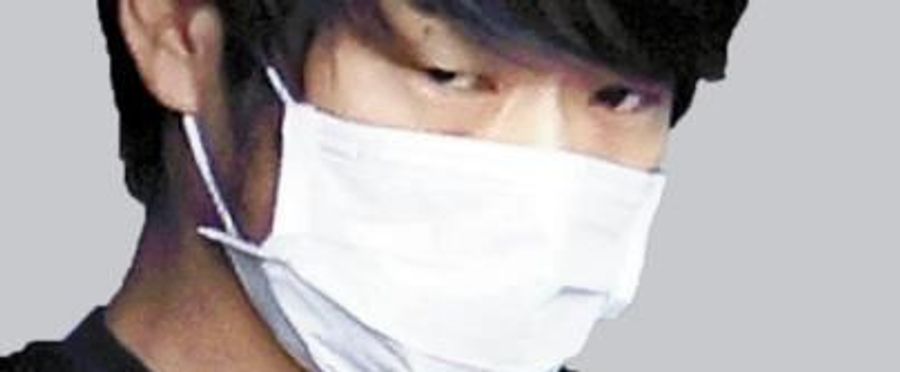The shooting incident involving former Unity party leader Abe has become a focal point in Japan's political landscape. Although no casualties were reported, the incident sent shockwaves through the nation as it raises questions about security measures within political circles. There is ongoing investigation to understand the broader implications of such an incident on political stability and policy implications.
Incidents of violence aimed at political leaders are infrequent in Japan, a country known for its high level of public security. The public expresses deep concern, apprehension, and curiosity about potential security lapses and implications on political stability. Such incidents may influence the law-making process, potentially leading to stricter gun control laws or tighter security around public figures.
In contrast, violent incidents involving public officials in the US or EU are also infrequent but not unheard of. When they occur, they lead to intense debates around gun control, security standards, and the impact on a nation’s political climate. Legal reforms often follow such incidents.

